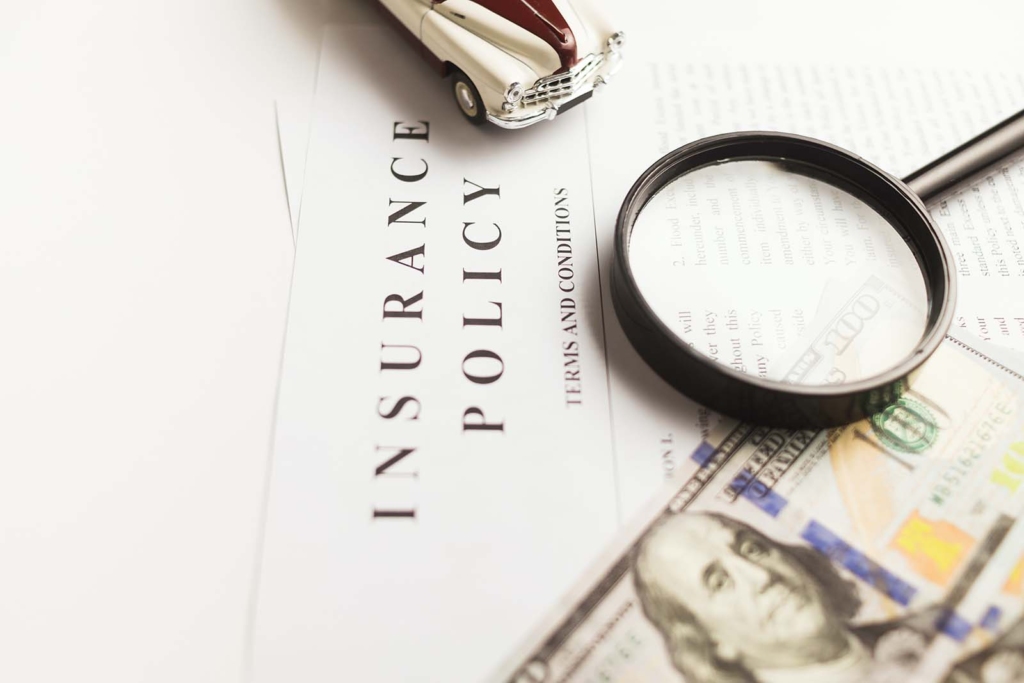Insurance and negligence are two concepts that often go hand in hand. Negligence is a legal term that refers to a failure to exercise reasonable care, resulting in harm or injury to another person. Insurance, on the other hand, is a risk management tool that provides financial protection against potential losses. In this article, we will explore the relationship between insurance and negligence, and how they are interconnected.
The Role of Insurance in Negligence Cases
Insurance plays a critical role in negligence cases, particularly in cases where the negligent party is found liable for damages. For example, if a driver causes an accident due to negligence, they may be held responsible for the damages incurred by the other driver, such as medical bills, lost wages, and property damage. However, if the negligent driver has insurance, their insurance company may cover the cost of the damages up to the policy limits.
Similarly, in cases of professional negligence, such as medical malpractice, insurance is often required to cover potential damages that may result from a mistake or error. Professional liability insurance, also known as malpractice insurance, can help protect doctors, lawyers, and other professionals from financial losses due to negligence claims.
In some cases, insurance may also be required by law. For example, most states require drivers to carry liability insurance to cover damages they may cause in an accident. Failure to carry insurance can result in legal penalties, including fines and license suspension.
The Types of Insurance Coverage for Negligence
There are several types of insurance coverage that can provide protection against negligence claims. Some of the most common types of coverage include:
- General Liability Insurance: This type of insurance provides coverage for claims of bodily injury, property damage, and personal injury arising from negligence.
- Professional Liability Insurance: Also known as malpractice insurance, this type of coverage is specifically designed to protect professionals from claims of negligence in the course of their work.
- Directors and Officers Liability Insurance: This type of insurance provides coverage for claims of negligence against directors and officers of a company.
- Errors and Omissions Insurance: This type of coverage is similar to professional liability insurance and is designed to protect individuals and companies from claims of negligence arising from professional services or advice.
Examples of Negligence Claims Covered by Insurance
Here are a few examples of negligence claims that may be covered by insurance:
- A driver causes an accident due to distracted driving and is found liable for damages. Their auto insurance policy may cover the cost of the damages up to the policy limits.
- A doctor makes a mistake during surgery, causing harm to the patient. The doctor’s malpractice insurance policy may cover the cost of any resulting damages.
- A company’s director fails to properly manage finances, resulting in financial losses for shareholders. The company’s directors and officers liability insurance may cover the cost of any resulting legal claims.
Gross negligence and your coverage
Negligence is a key factor in determining liability in insurance claims. When someone is injured or suffers a loss, they may file a claim with their insurance company to seek compensation for their damages. If the claim is related to negligence, the insurance company will investigate the circumstances surrounding the incident to determine whether negligence was a factor.
To establish negligence, the insurance company will typically consider several factors, including the duty of care owed by the person or entity responsible for the damages, whether that duty was breached, whether the breach caused the damages, and whether the damages were foreseeable. If the insurance company determines that negligence played a role in the incident, they may deny the claim, offer a settlement, or litigate the claim in court.
In some cases, the negligent party may be required to pay damages out of pocket if they do not have insurance or if their insurance policy does not cover the damages. This can be a significant financial burden, particularly in cases of severe injury or extensive property damage.
The importance of evidence in negligence claims
When filing a negligence claim, it is essential to provide evidence to support your claim. This evidence may include witness statements, photographs of the scene, medical records, and police reports. Without sufficient evidence, it can be challenging to establish negligence and obtain compensation for your damages.
Additionally, insurance companies may conduct their own investigations to gather evidence to support their position. This can include reviewing medical records, interviewing witnesses, and consulting with experts in the relevant field. It is important to cooperate with the insurance company’s investigation and provide any relevant information to support your claim.
The role of legal representation in negligence claims
In cases of severe injury or extensive damages, it may be beneficial to seek legal representation to assist with your negligence claim. An experienced attorney can help gather evidence, negotiate with the insurance company, and litigate the claim in court if necessary.
Legal representation can also help ensure that your rights are protected and that you receive fair compensation for your damages. In some cases, a settlement offer from the insurance company may not be sufficient to cover the full extent of your damages.
Insurance and negligence are two concepts that are closely related, particularly in cases where negligence results in financial losses or damages. Insurance can provide financial protection against negligence claims, making it a critical risk management tool for individuals and businesses. By understanding the relationship between insurance and negligence, individuals and businesses can better protect themselves from potential losses due to negligence claims.
Check your policy to understand your liability limit/limits of liability, and specifically, how your insurance provider defines negligence.













